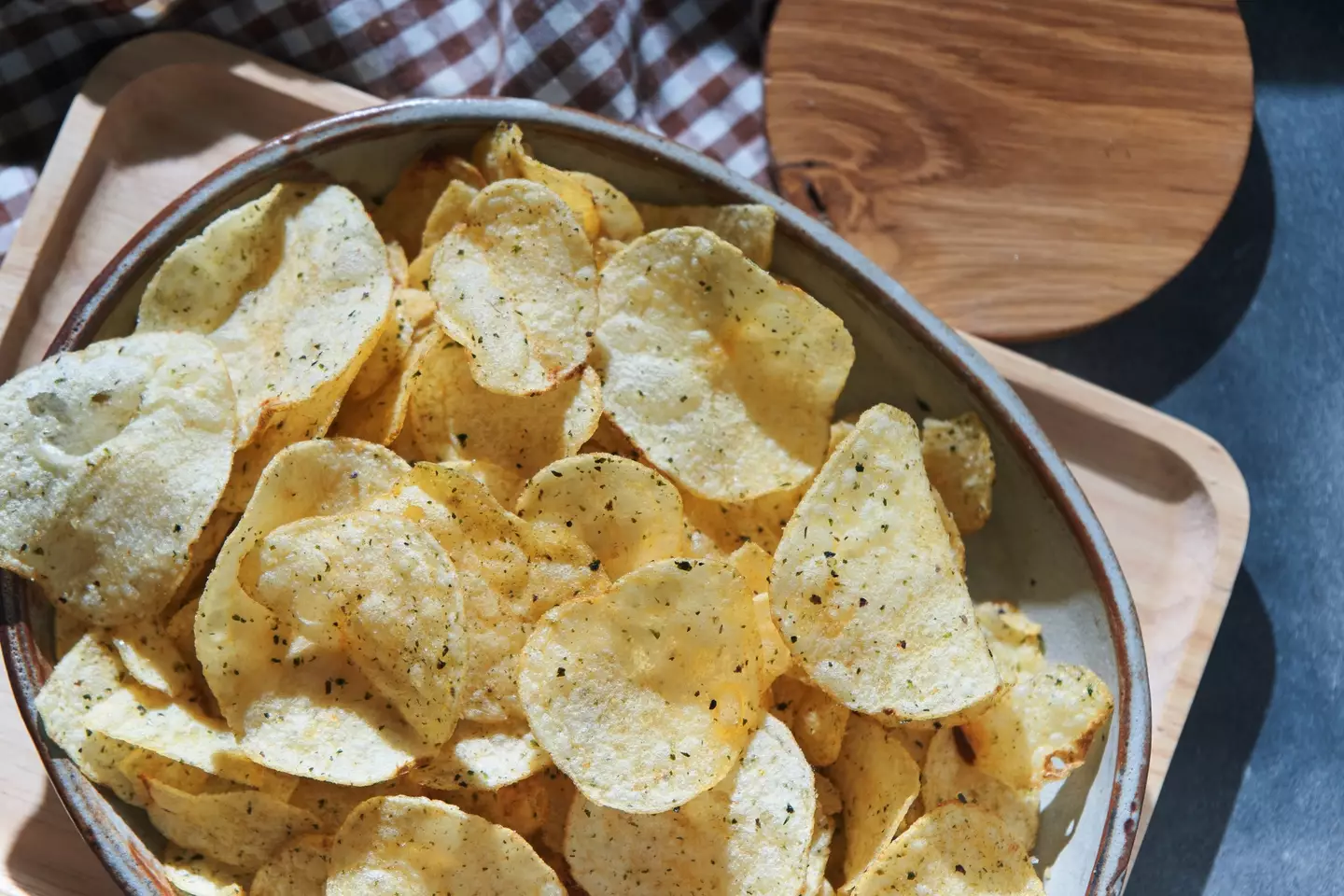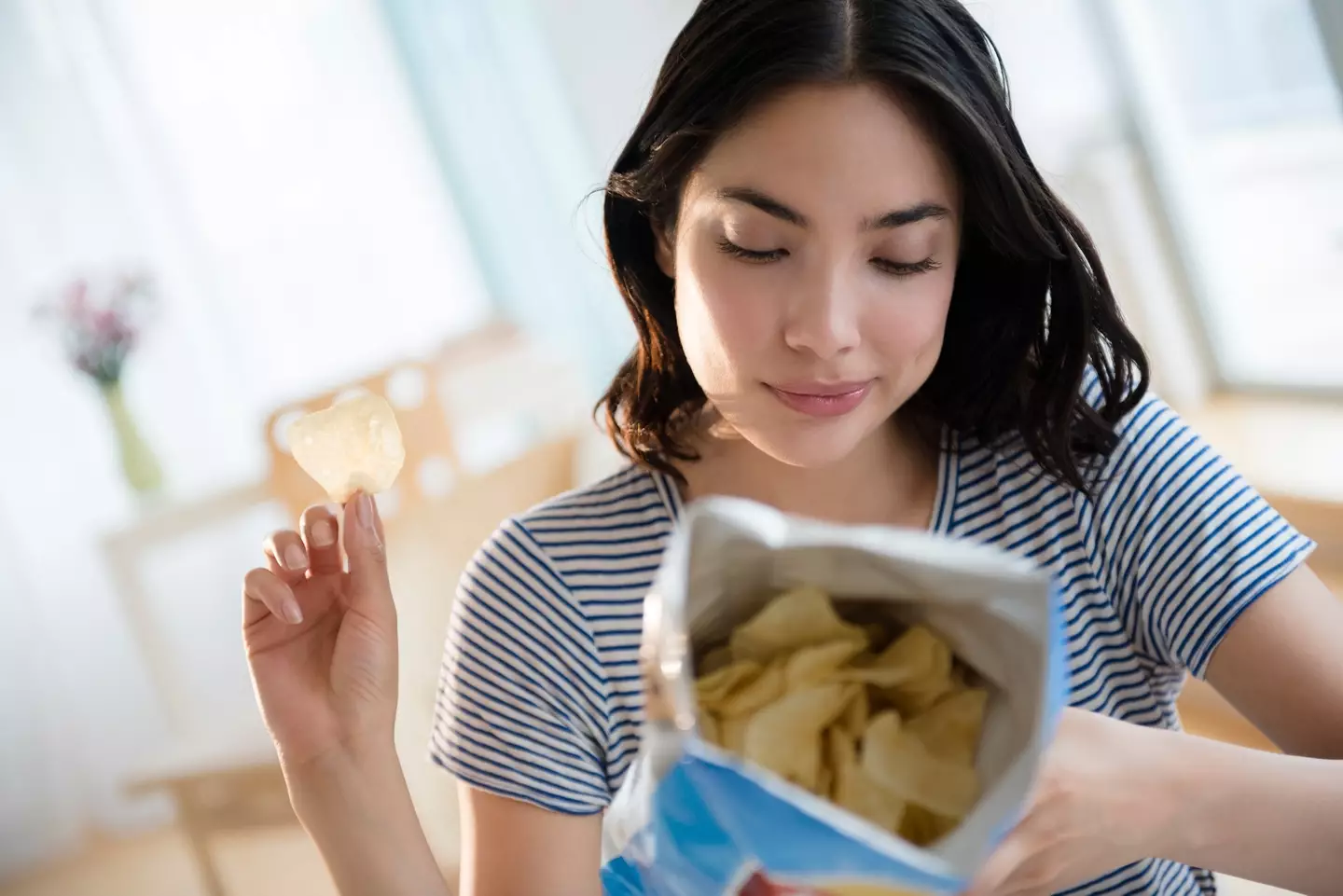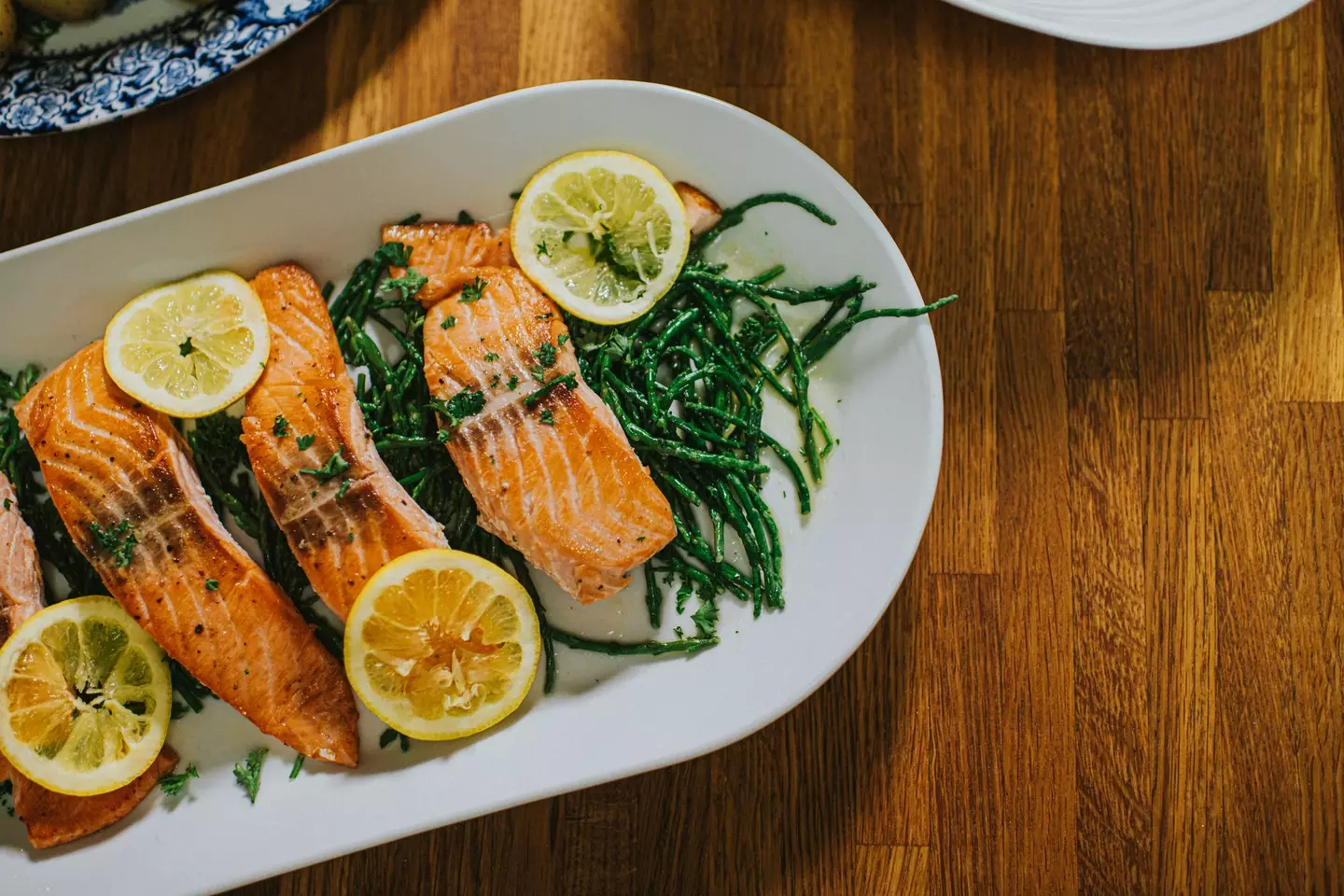
Your diet doesn’t just impact your body, but your mind too. Of course, your brain is as much a part of your body as any other, but it’s easy to dismiss the idea that our conscious minds could be impacted by a suboptimal diet.
Being short of the right nutrition, or overloading on the likes of ultra-processed foods (UPFs), can increase your stress levels, cloud your thoughts, interfere with your memory and forestall a good night’s sleep.
So, which foods should you swerve if you’re looking to keep your brain in good shape?
Speaking to Hello!, Dr Daniel Atkinson shared which ones to avoid. He’s the clinical lead for Treated.com, as well as being a former GP with more than 20 years’ healthcare experience, so he’s a safe pair of hands.
Advert

For starters, UPFs aren’t doing our brains many favours, especially those with high sugar content.
"Too much sugar in your diet can lead to insulin resistance, which can impact how well your brain works,” explained Atkinson.
“Unbalanced blood sugar can cause crashes, too, which can drain your energy and make it harder to focus.
Processed meat products are often a poor substitute for whole sources, too, and Atkinson stresses that red meat is less healthy for our bodies than fish and lean meats.
“When it comes to protein, try to eat oily fish where possible, and choose leaner cuts of meat (think chicken and turkey) over red meat, which is usually high in saturated fat,” he said.
As for the kinds of fats we want to avoid, Atkinson named trans fats, unsaturated fatty acids that contribute to bad cholesterol, as the ones to watch out for.

“These are sometimes referred to in ingredients lists as 'partially hydrogenated vegetable oils', and are sometimes found in processed cakes, pastries and biscuits,” he told Hello!. “Trans fats can increase 'bad' cholesterol and have been linked to poor memory."
So, if we should be avoiding fatty meat, high-sugar foods, and trans fats, what should we be eating?
Atkinson noted that while some fats aren’t good for us, some are actually beneficial.
"The word 'fat' is sometimes used as shorthand for 'high-calorie' or 'unhealthy', but your brain is around 60 per cent fat and so needs the right nutrition,” he explained. “Saturated and trans fats should be limited, but omega-3 fats, such as those found in fish like mackerel and herring, as well as seeds and nuts like flaxseeds and walnuts, can improve clarity of thought while supporting mood and memory."

He continued: "Foods rich in omega-3s are essential for brain cell production and communication between cells. Omega-3s also reduce inflammation and can improve blood flow to the brain to ensure it gets the nutrients and oxygen it needs.
“Because omega-3s are highly susceptible to damage, eating foods rich in antioxidants, such as berries and dark leafy greens like kale, can help to protect omega-3s and your brain from damage."
